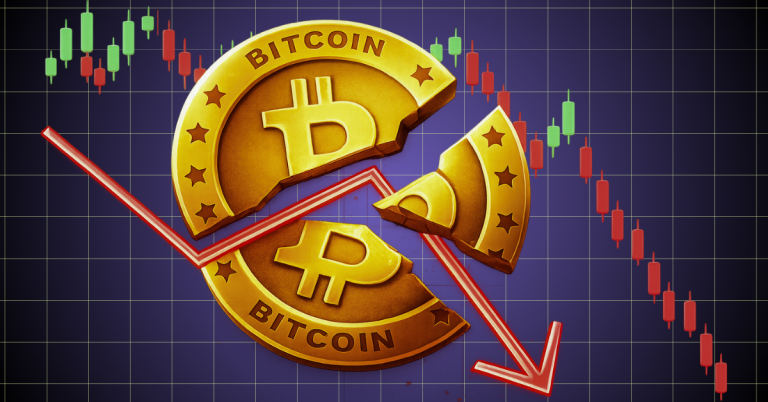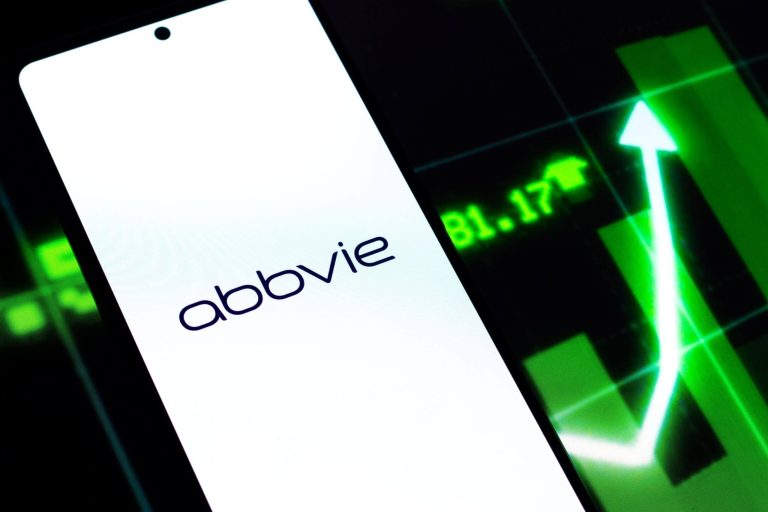
The Future of Education: What 2025 Holds
The future of education is rapidly changing, with technology playing a key role in shaping the learning experience. In 2025, we can expect significant advancements in education technology, increased access to online learning, and a greater emphasis on personalized learning. The Future of Education is an exciting and rapidly evolving field, with new technologies and innovations emerging every day.
Section 1: Introduction to the Future of Education
The Future of Education is a topic that has been debated and discussed by educators, policymakers, and technology experts for many years. With the rise of technology and the internet, the way we learn and teach has undergone a significant transformation. In 2025, we can expect even more significant changes, with the integration of artificial intelligence, virtual reality, and other emerging technologies into the learning experience.
One of the most significant trends in the future of education is the shift towards online learning. With the rise of massive open online courses (MOOCs) and online degree programs, students can now access high-quality educational content from anywhere in the world. This has opened up new opportunities for students who may not have had access to education otherwise, and has also enabled educators to reach a wider audience.
Section 2: Advancements in Education Technology
Education technology is a rapidly evolving field, with new innovations and advancements emerging every day. In 2025, we can expect significant advancements in areas such as artificial intelligence, virtual reality, and blockchain technology. These technologies have the potential to transform the learning experience, making it more personalized, interactive, and effective.
Artificial intelligence, for example, can be used to create personalized learning plans for students, tailored to their individual needs and abilities. Virtual reality can be used to create immersive and interactive learning experiences, making complex concepts more engaging and accessible. Blockchain technology can be used to create secure and transparent systems for tracking student progress and academic credentials.
Section 3: The Impact of Online Learning
Online learning has had a significant impact on the education sector, and in 2025, we can expect this trend to continue. With the rise of online degree programs and MOOCs, students can now access high-quality educational content from anywhere in the world. This has opened up new opportunities for students who may not have had access to education otherwise, and has also enabled educators to reach a wider audience.
Online learning has also enabled educators to create more personalized and flexible learning experiences, tailored to the individual needs and abilities of their students. With the use of learning analytics and other educational technologies, educators can track student progress and identify areas where students may need additional support.
Section 4: The Future of Education in 2025
In 2025, we can expect the future of education to be shaped by a combination of technological, social, and economic factors. With the continued advancements in education technology, we can expect even more innovative and effective learning experiences to emerge. We can also expect a greater emphasis on personalized learning, with educators using data and analytics to tailor the learning experience to the individual needs and abilities of their students.
The future of education is an exciting and rapidly evolving field, with new technologies and innovations emerging every day. As we look to 2025 and beyond, it is clear that the education sector will continue to undergo significant changes, driven by technological, social, and economic factors. By embracing these changes and innovations, we can create a more effective, efficient, and personalized learning experience for students around the world.






